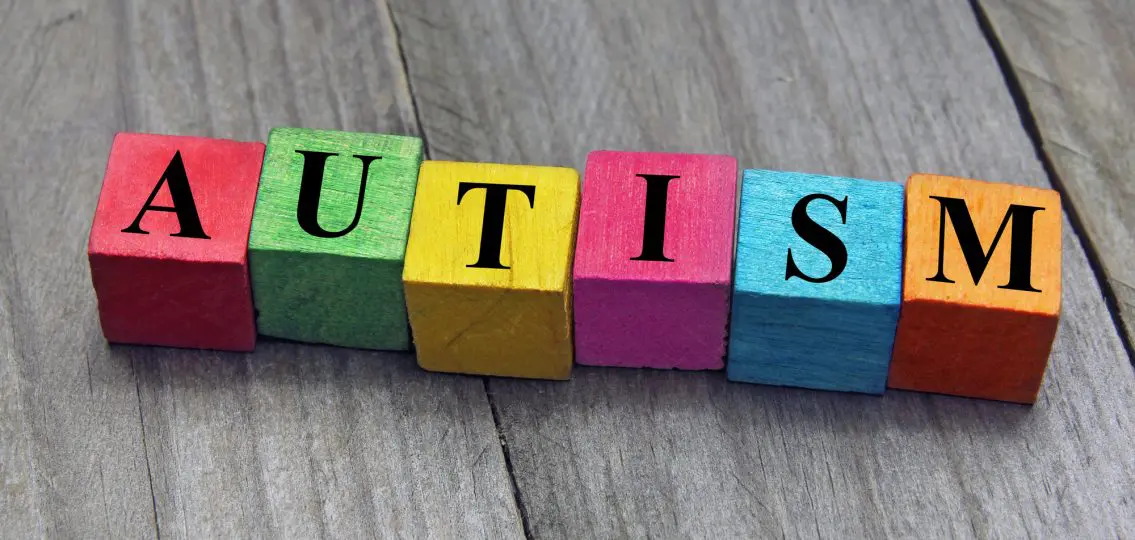Do you wonder about the best way to interact with a teen on the autism spectrum? Just as no two typical children are the same, no two children with autism are the same. Debra Mandell, Director of the Monarch School for Autism, provides tips for three different pervasive challenges.

Communication Delays & Impairments
For a teen with autism, conversation can pose major challenges. The teen may be non-verbal or have trouble understanding questions and have difficulty finding appropriate words to express answers.
Tips:
- Be yourself and speak directly to the teen in plain, concise language
- Pause more often so the teen can process what you say, and wait patiently for the child’s response
- Speak literally and avoid puns, nuances, and sarcasm
- Demonstrate the meaning of your words through pictures and other visual supports (computers, iPhones and videos are particularly effective)
Lack of Social Skills
For a teen with autism, social skills (making eye contact, interpreting facial expressions, and adapting to changes in routine) can be very difficult and may be replaced by obsessive interests in objects, preferences to be alone, insistence on routines and tantrums/aggressive behaviors.
Tips:
- Show an interest in something the teen likes (e.g.,play a computer game together)
- Reinforce the teen’s positive behaviors and actions
- Coach the teen in appropriate social responses
- Don’t be alarmed by unusual behaviors and body movements (e.g., hand flapping, body rocking, head banging), which help the teen comfort himself
Sensory Processing Challenges
Teens with autism have difficulty processing ordinary sights, sounds, smells, tastes and touches, as they tend to produce sensory overload, frequently causing them to experience physical pain and subsequent meltdowns.
Tips:
- Minimize distractions; promote calmer and more orderly surroundings
- Avoid touching the teen if it makes him uncomfortable
- Learn to anticipate what triggers tantrums in an effort to avoid the triggers
- Don’t be alarmed by the teen’s unusual gear (e.g., headphones, helmet), which help reduce stimuli and promote calm
For more advice on autism:
While teens with autism may struggle, they are still capable of demonstrating feelings and emotions. If you adopt and personalize these tips and treat the teen with kindness and respect, you’re likely to experience enhanced interactions.
For more information, please visit www.monarchcenterforautism.org/autism-resource-center.





